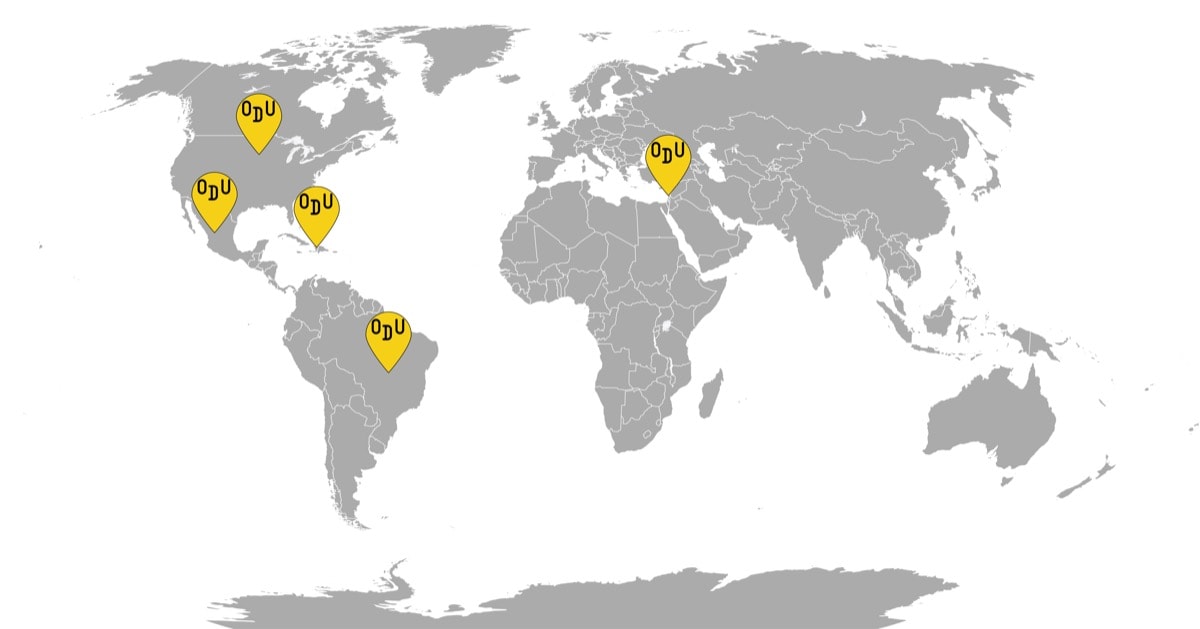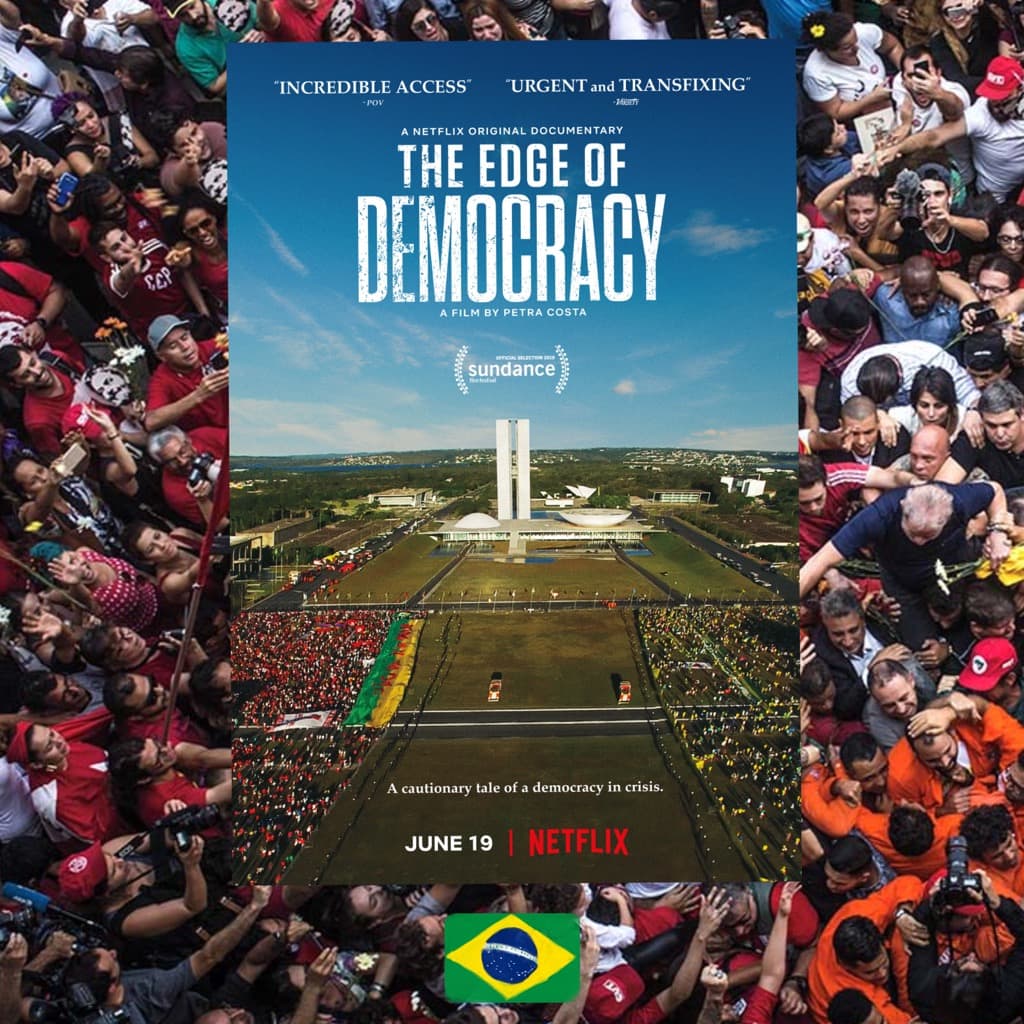We're still protesting
And while we’re at it, we think about the many things that we’d like to see go away along with police brutality and racism.
Unfortunately, the world is rife with wrongs.
But for now, let’s keep our focus on North America since it’s here where the latest wave of change has been rolling.
And this is the spread:
- Mistreatment of migrants;
- Oligarchic interests that allow neoliberalism and fascism;
- The omnipresence of strawmen and cold wars.
Because Supamodu is all about using creative works to talk about politics, we’ll use three brilliant films to talk about all of them.
Here is our (mostly) North American map:

Regular police are not the only problematic display of power enforcement in the Americas. Perhaps the condemnation of ICE has not been heard as loudly lately, but it remains a huge problem. Inmates at ICE detention facilities have been starting hunger strikes in the US in solidarity with George Floyd, Tony McDade, and Breonna Taylor. Meanwhile, we watched “Chèche Lavi,” a film that follows two young Haitians before they’ll even have a chance to get mistreated to ICE: in Tijuana, on the border, as the wall is being constructed next to them. Sometimes blacks lives are wasted away not by crass actions of a violent cop, but by the systems that put them on the back burner, and “Chèche Lavi” is a sad, yet poetic depiction of it, that also sheds light on the issues at play in Haiti and Mexico.
FROM HAITI, MEXICO and UNITED STATES:
A portrait of two Haitian men seeking admission into the US in Tijuana becomes a complex reflection on the Beckettian nature of immigration’s bureaucracy and the sacrifices it demands
Police violence is not only a problem in the US: Brazil is one of the most affected countries. We recently commemorated the memories of Agatha Felix and Joāo Pedro, the two black children killed by the cops in Rio and Saõ Paulo. At the same time, we were trying to make sense of how Brazil went from Lula’s measures of lifting people out of poverty to the corruption scandals to the fascist government of Bolsonaro. “The Edge of Democracy,” a personal and political documentary on the fleeting Brazilian freedom, is the perfect primer, which holds the answers: you can never expect to have a genuinely progressive government, as long as it’s funded from the pockets of the rich.
FROM BRAZIL:
Progress Flailing Under the Stronghold of Capital—’The Edge of Democracy,’ dir. Petra Costa, 2019
An intimate yet sprawling account of Brazil’s journey from Lula to Dilma to Bolsonaro that dissects the tumor of “Operation Car Wash” and studies its underlying causes

Through serendipity and coincidence, a bunch of people at Supamodu is Russian. And we’re not particularly enjoying the fact that Russia has become the go-to scapegoat for many of the grievances America might have. Well, it’s not new, and we’re not alone either. We’re in a lovely company: with our Chinese, Iranian, and various Muslim friends, etc. “Brooklyn Inshallah” is a documentary that explores how a community—in this case, Arab-Americans—can become disenfranchised and left out of the conversation due to xenophobia in the aftermath of a traumatic event. The film follows Father K, a Palestinian-American candidate for the city council, who sought to solve this injustice by setting an example and leading his people to the polls.
FROM UNITED STATES and PALESTINE:
A chronicle of a city council nomination campaign reveals complex truths about diversity, belonging and 9/11’s traumatic heritage in Bay Ridge, one of NYC’s most prominent Arab-American enclaves
And going to the polls is a beautiful thing. If only the choices to be made, there were always as free as they’re supposed to be.
So you could vote and not have to compare the number of people deported under two administrations.
So you could be sure that nothing in the election is being influenced or funded by corporate interests.
So minorities didn’t have to listen to parties throw their names around in a terrible game of xenophobic ping-pong.
Elections in the Americas: so elusive.
And that’s why we protest. Because if they can’t hear the ballots, maybe they’ll hear the roar.
Hope you enjoy Supamodu and feel compelled to forward this email to your friends.
Thank you for being with us! 💛
— Katya Kazbek,
editor-in-chief















